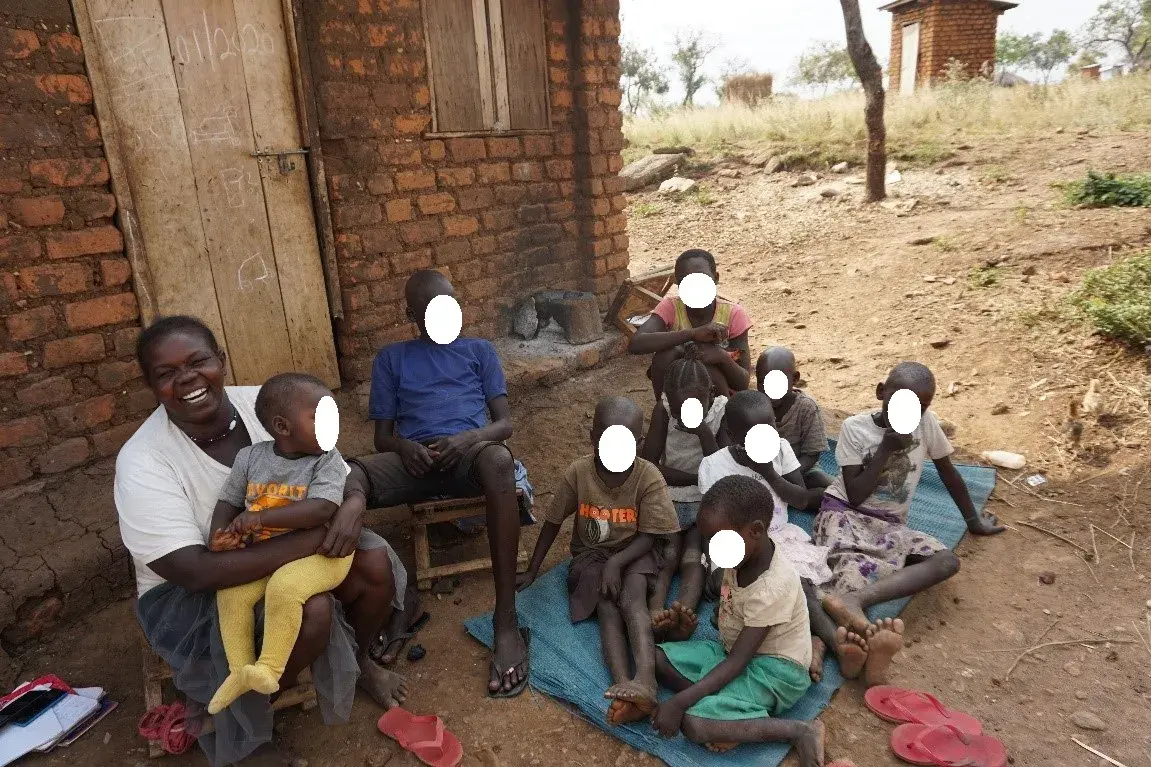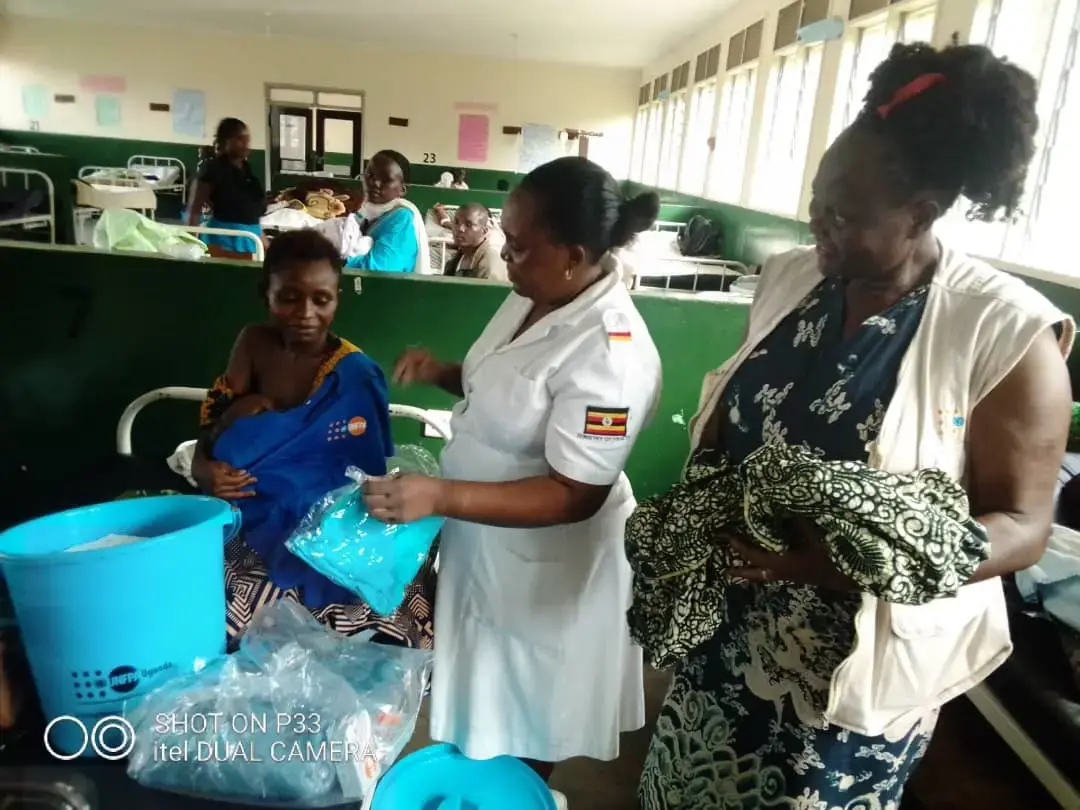KAMWEGE DISTRICT —Alice Furaha, 22 years old, was five months pregnant when she fled her home in Eastern Congo last May.
On arrival at the Uganda border, Alice was taken to the transit center in Kisoro and eventually transferred to Rwamwanja settlement camp in the Kamwenge district. Having experienced a still birth just last year, she was now worried about the risks of delivering in a refugee camp.
Over 60,000 people have fled to neighboring countries in the past eight months following intense fighting between the DRC government and M23 rebels. The refugee influx has placed a strain on existing health services in Kamwenge district, especially the needs for 300 pregnant women.
Women delivering in tents has been common, with only one ambulance available to 10 to 12 women each month who experienced complications and needed emergency obstetric care. Medical equipment and supplies as well as human resources for health were not sufficient to provide quality lifesaving pregnancy and delivery care, according to a report by the Central Emergency Response Fund (CERF).
CERF has provided more than $200,000 to UNFPA, as part of an overall contribution of $6.8 million to the emergency situation in Uganda.
CERF funding enabled the Uganda Red Cross to get one of its ambulances re-deployed for mothers in the refugee settlement who need emergency obstetric care. This simple service has significantly increased the ability to get emergency cases to the hospital. It helped save the life of Alice and her baby.
The additional funding has helped in other ways as well, according to the UNFPA Representative Janet Jackson. “Thanks to the CERF funding, we have been able to introduce new dimensions to the registration process for new refugees who arrive in the camps," she said.
"Every pregnant woman is registered as she arrives in the camp. Also, volunteers have been mobilized from the host community and from the refugees to ensure that women access care during pregnancy, child birth, and afterwards. This includes ambulance services in the event of emergencies in addition to receiving a dignity kit” Ms. Jackson said.
Besides, the volunteers have been trained to provide support to survivors of gender-based violence. All these are innovations that would not have been possible without the CERF funding,”




